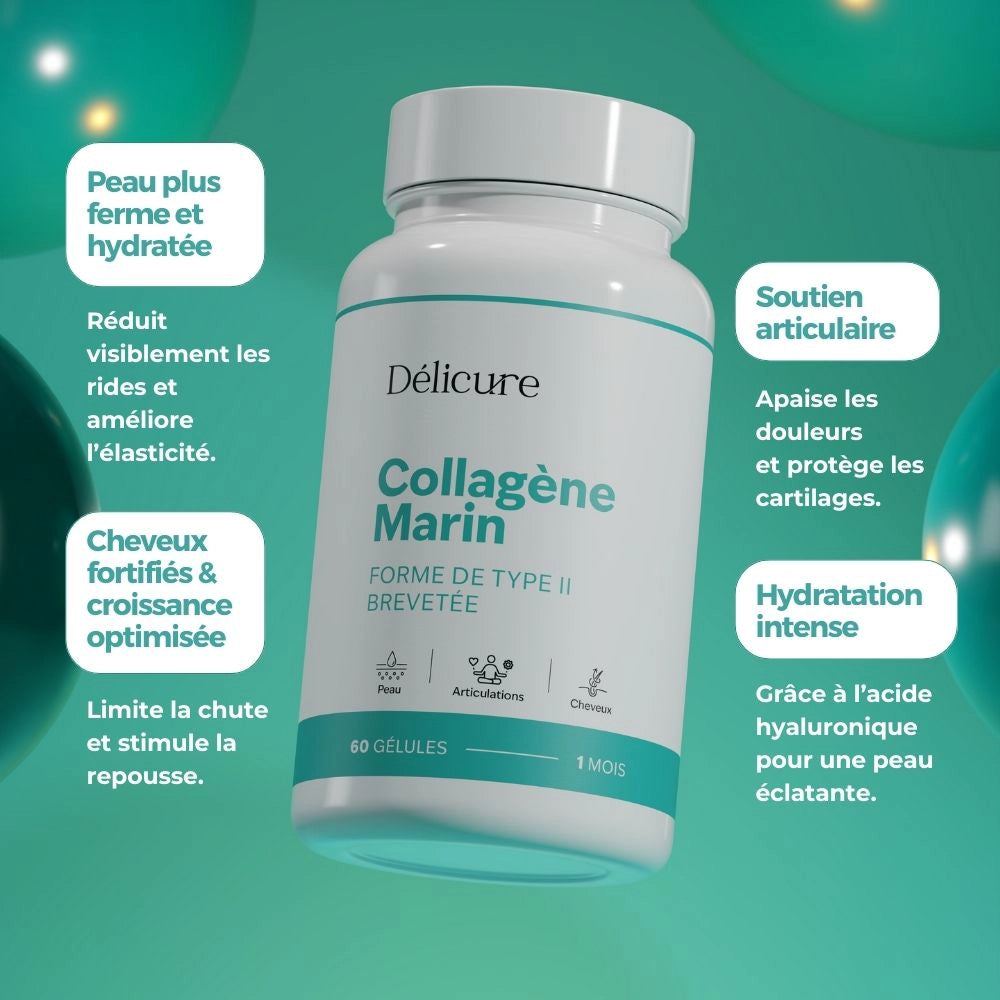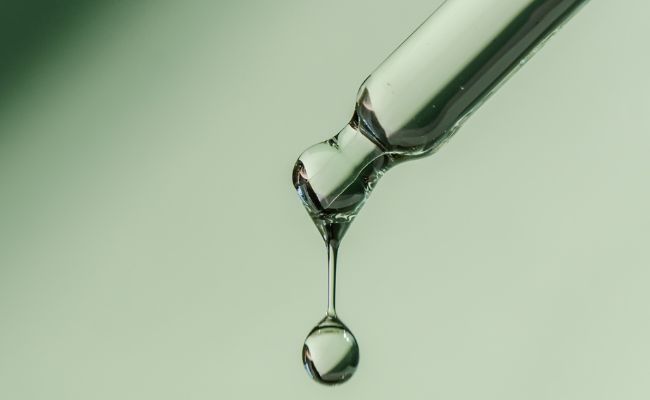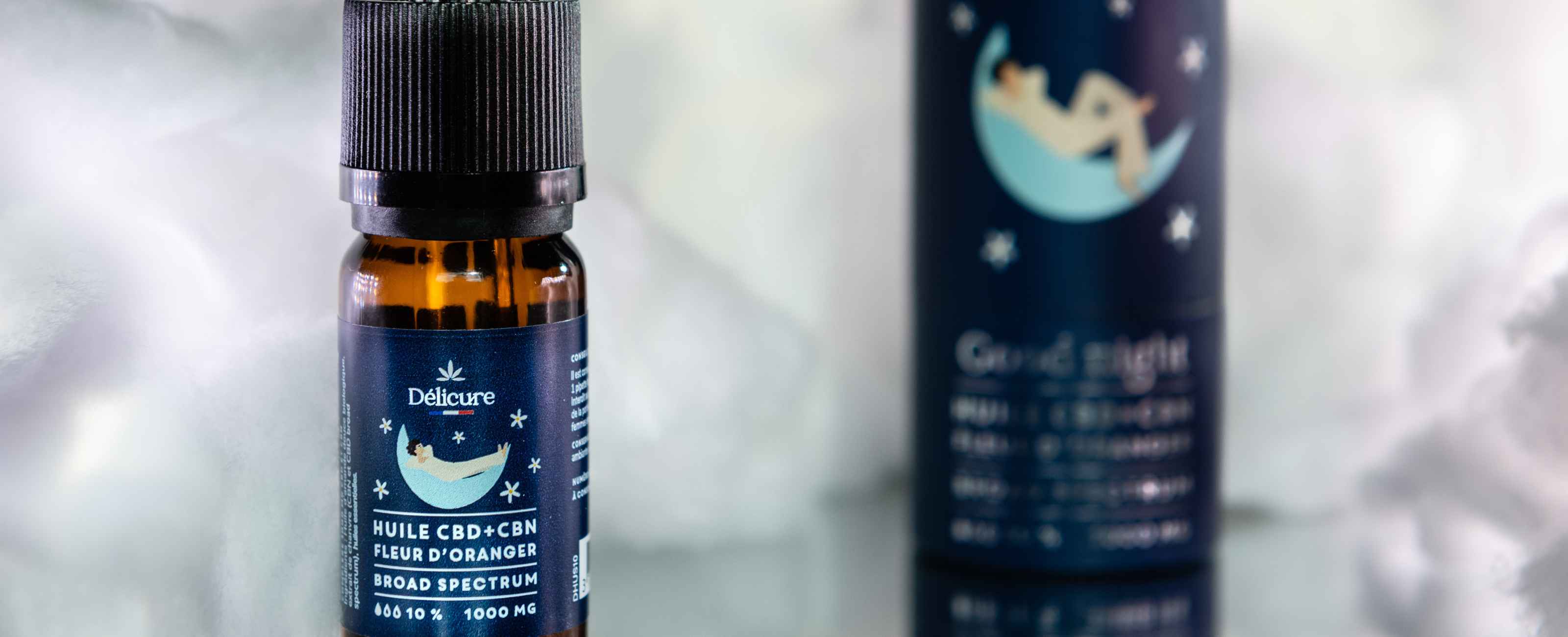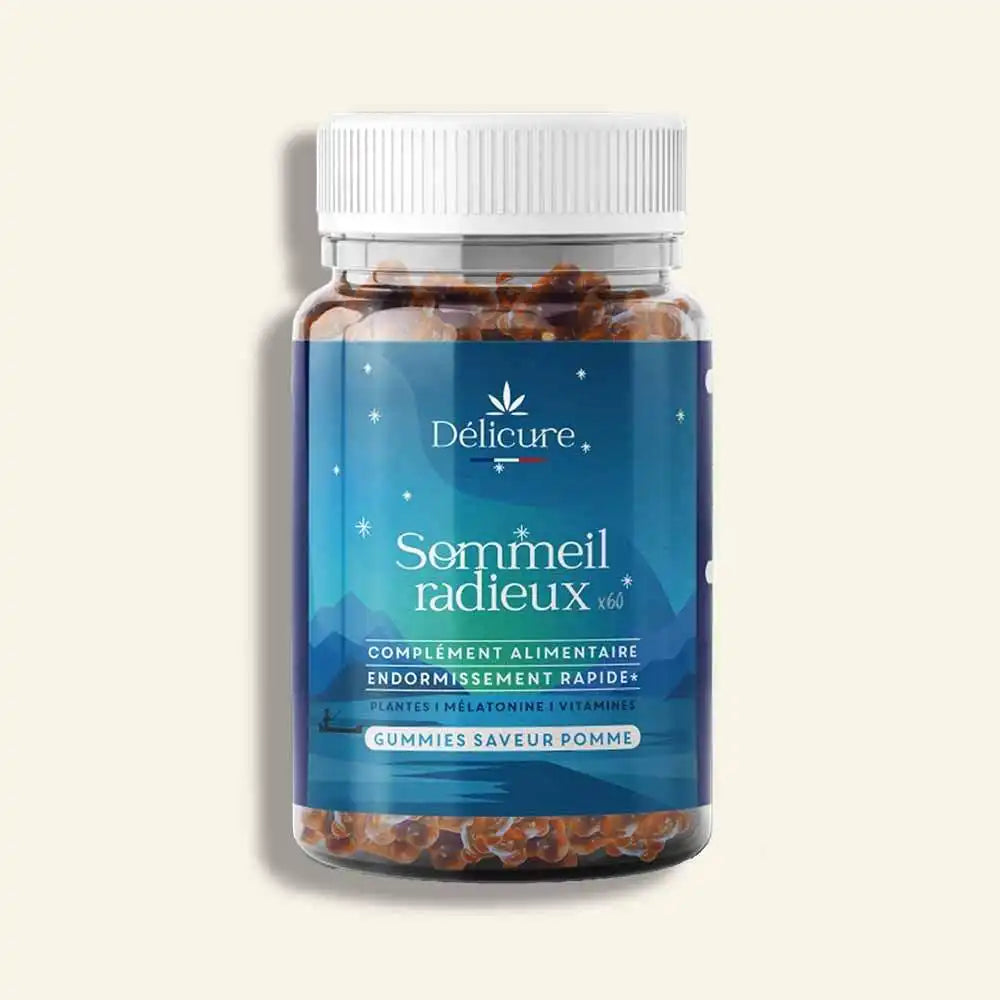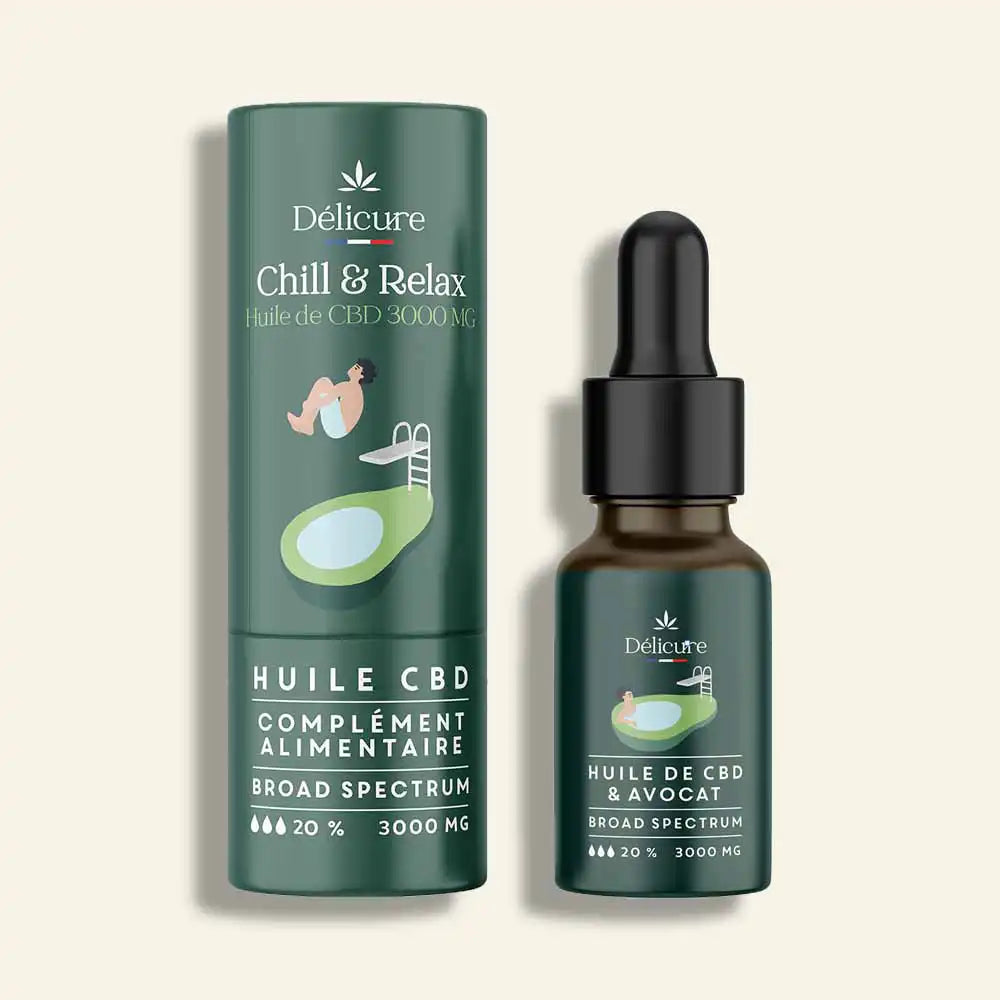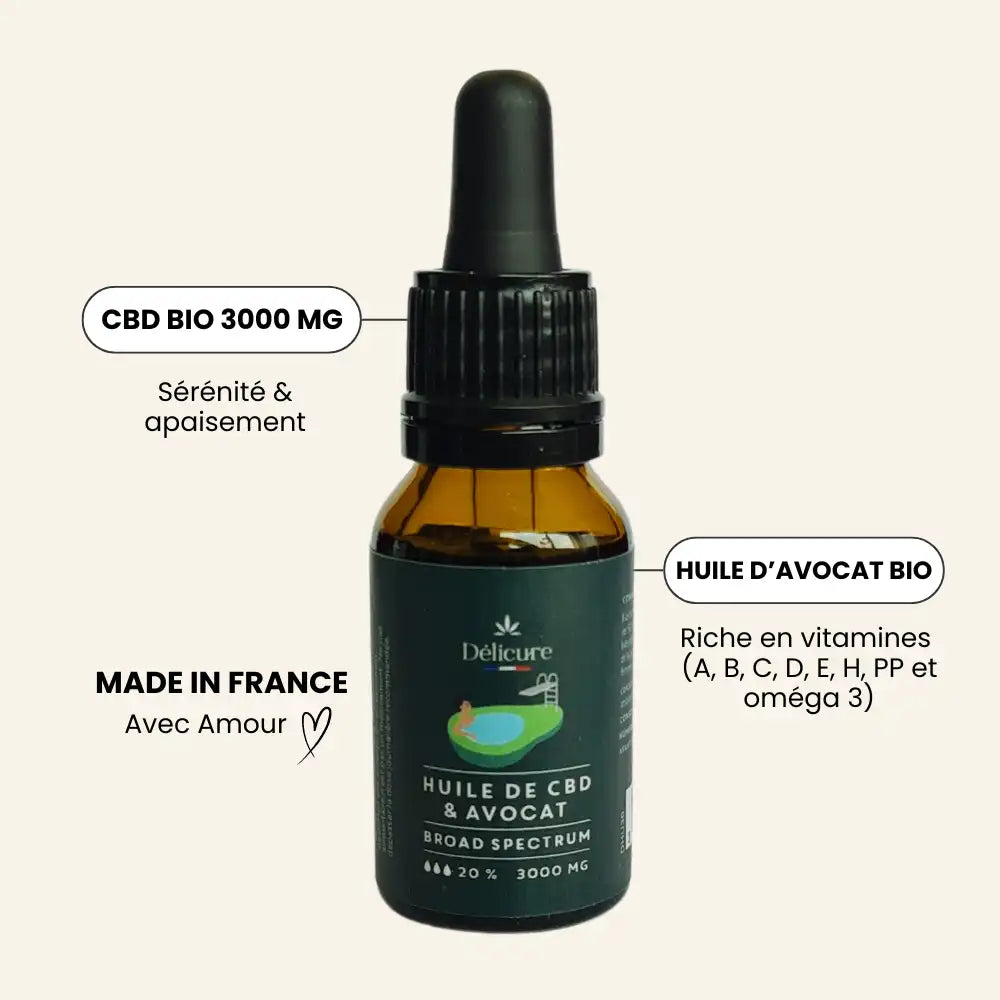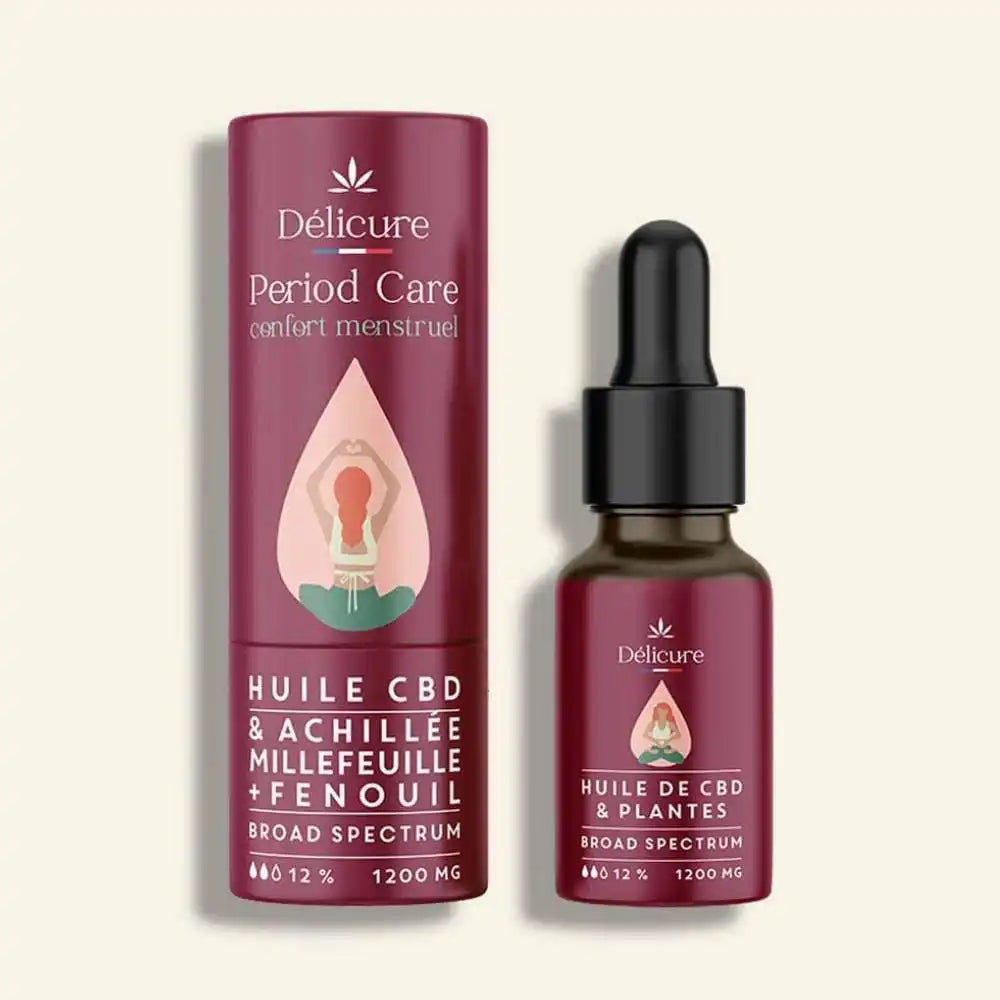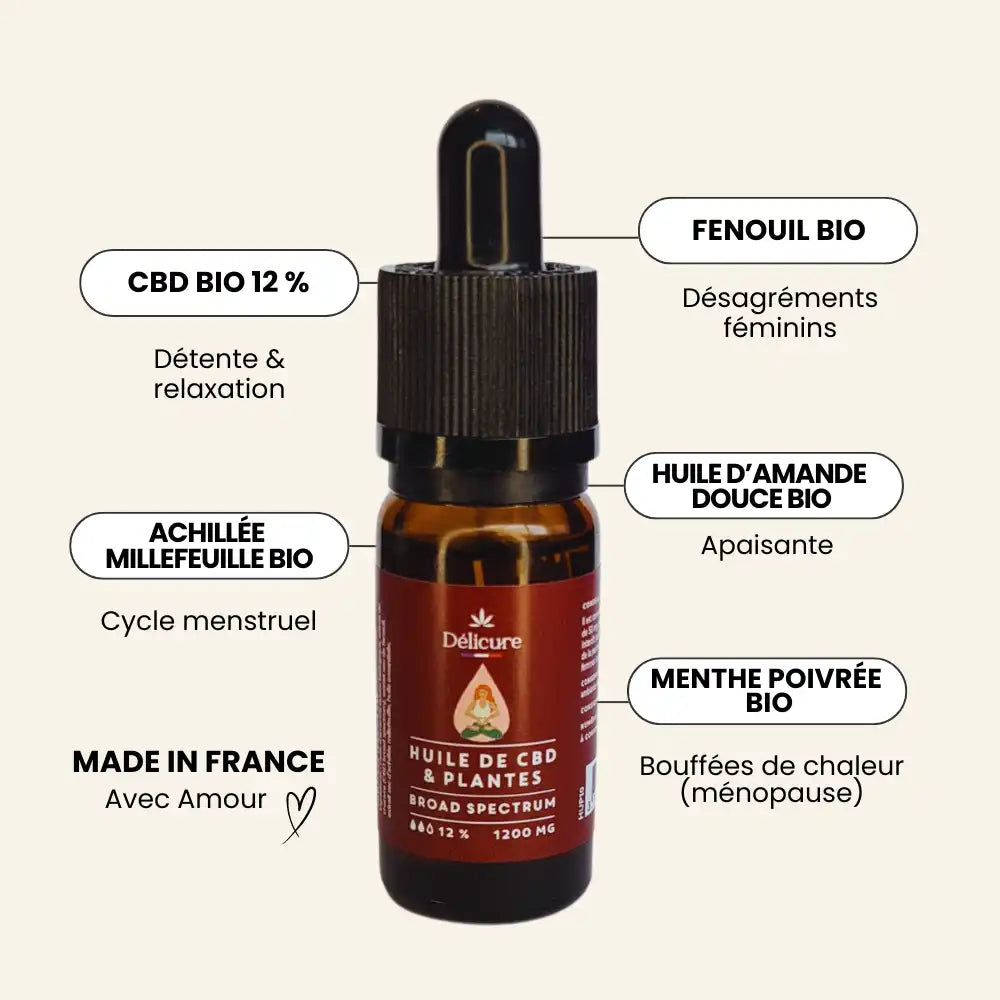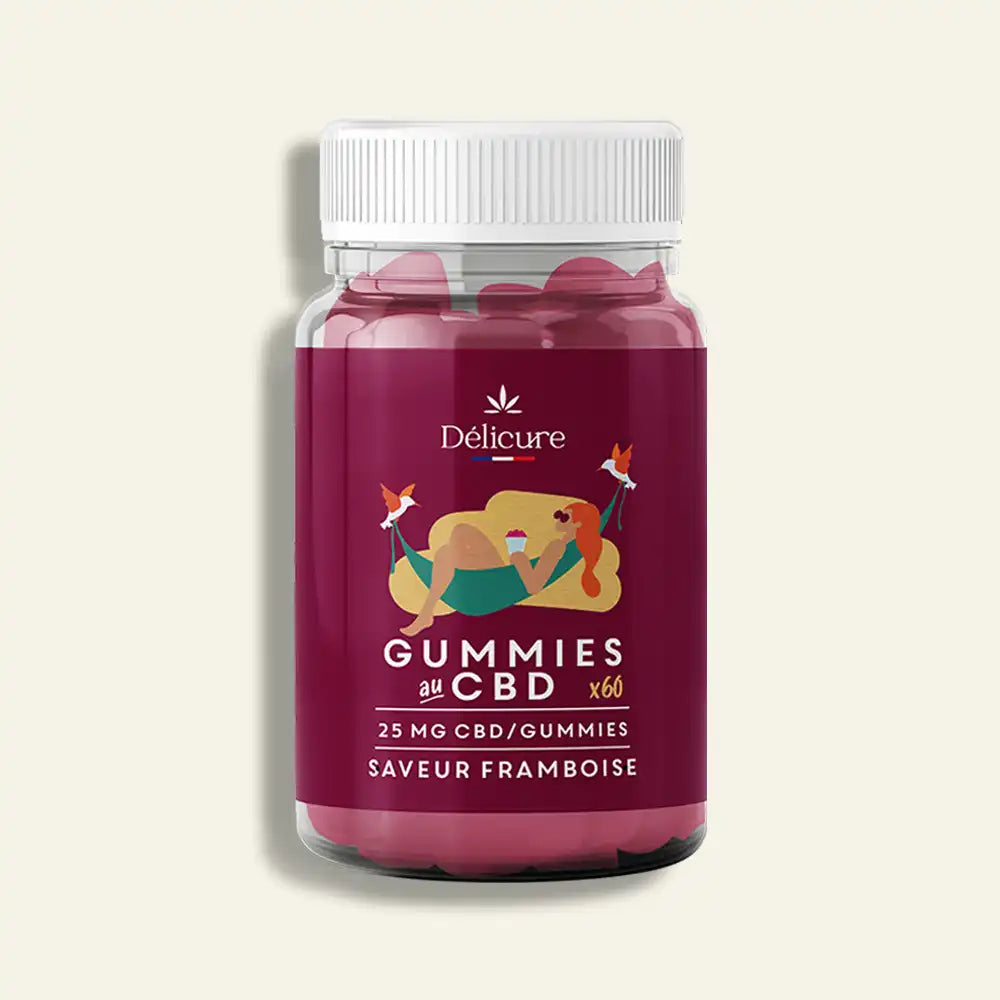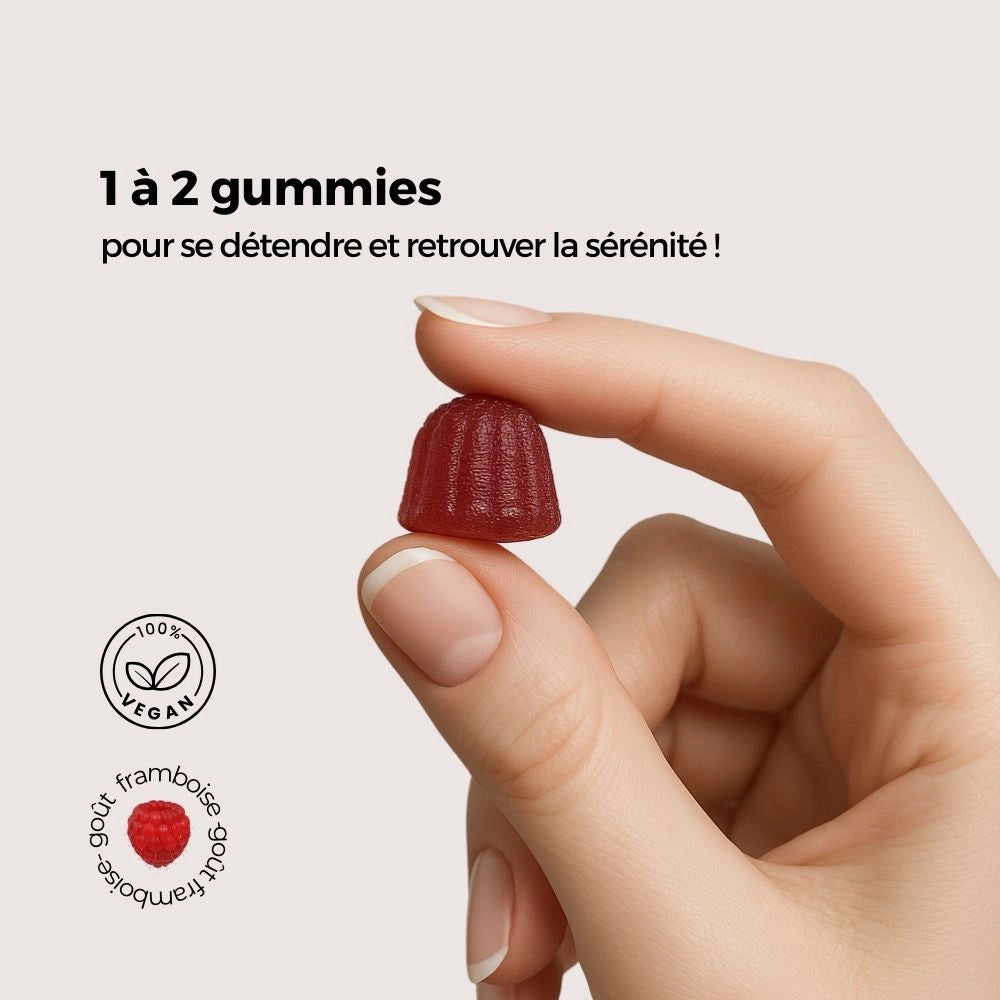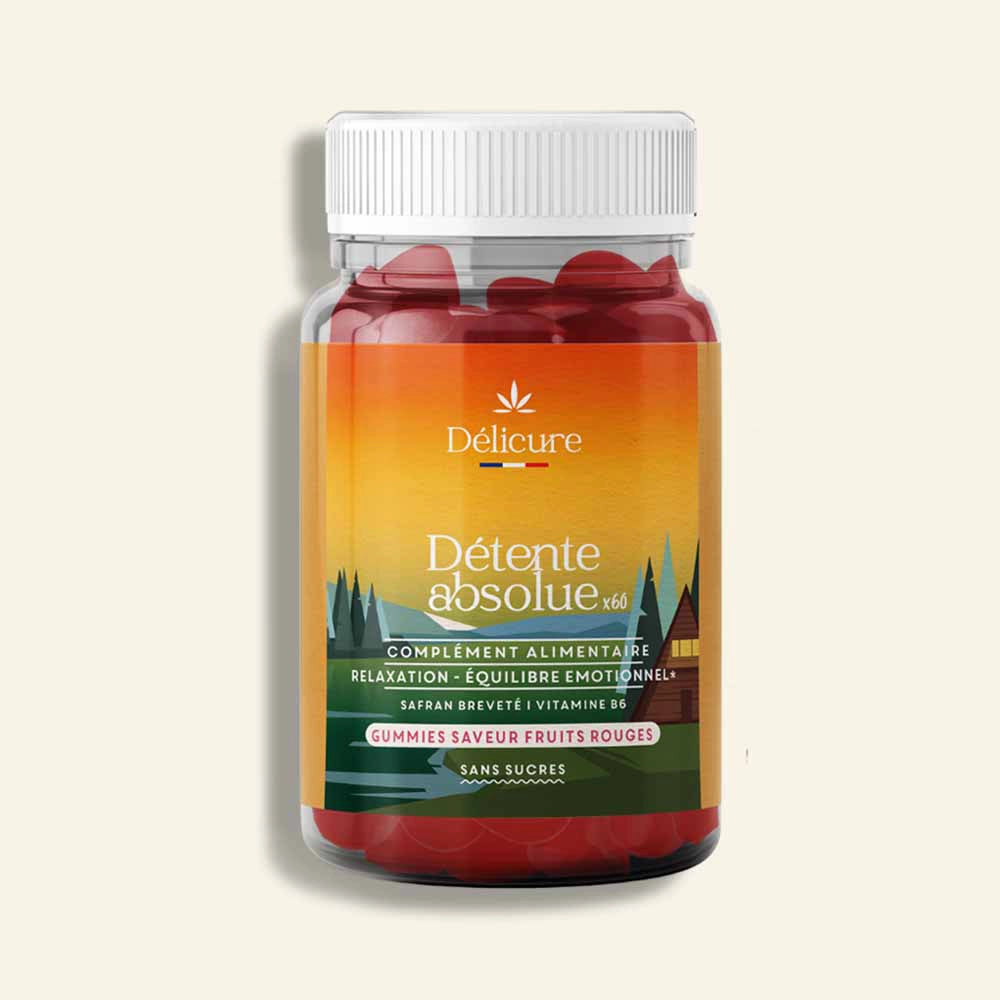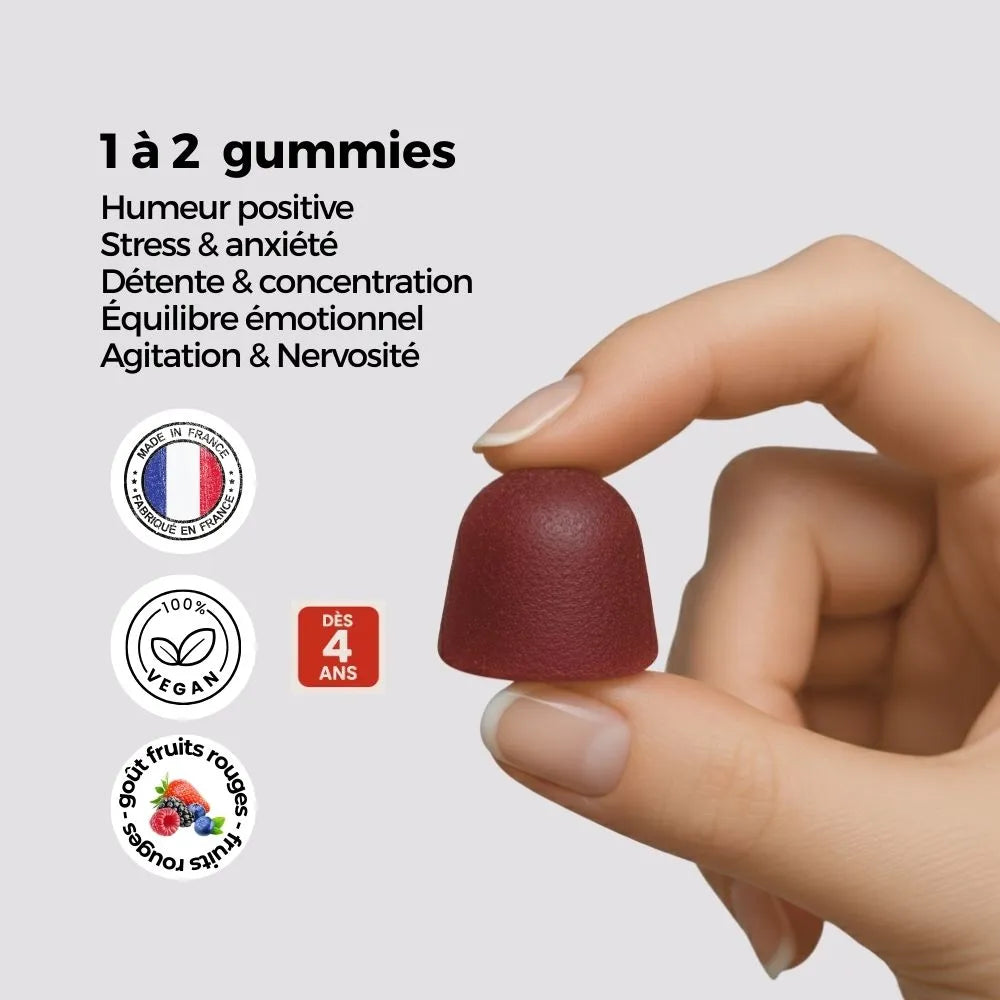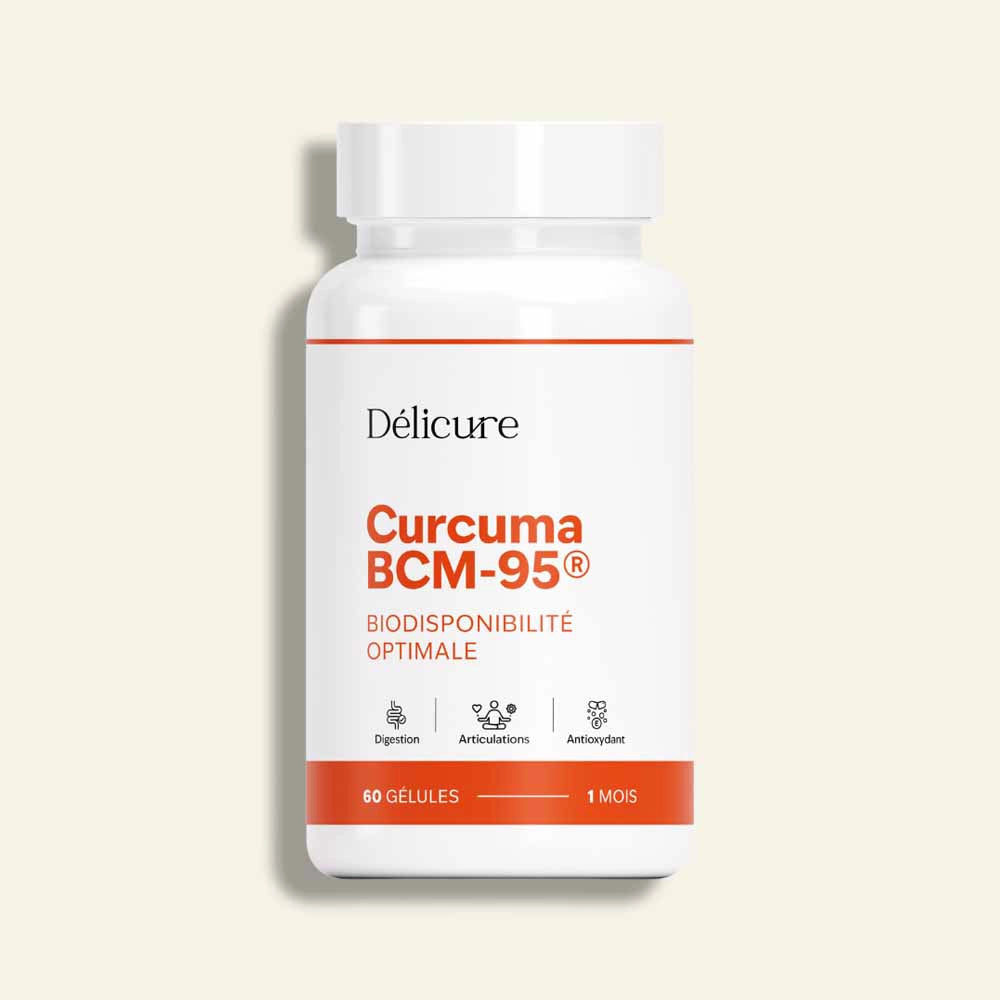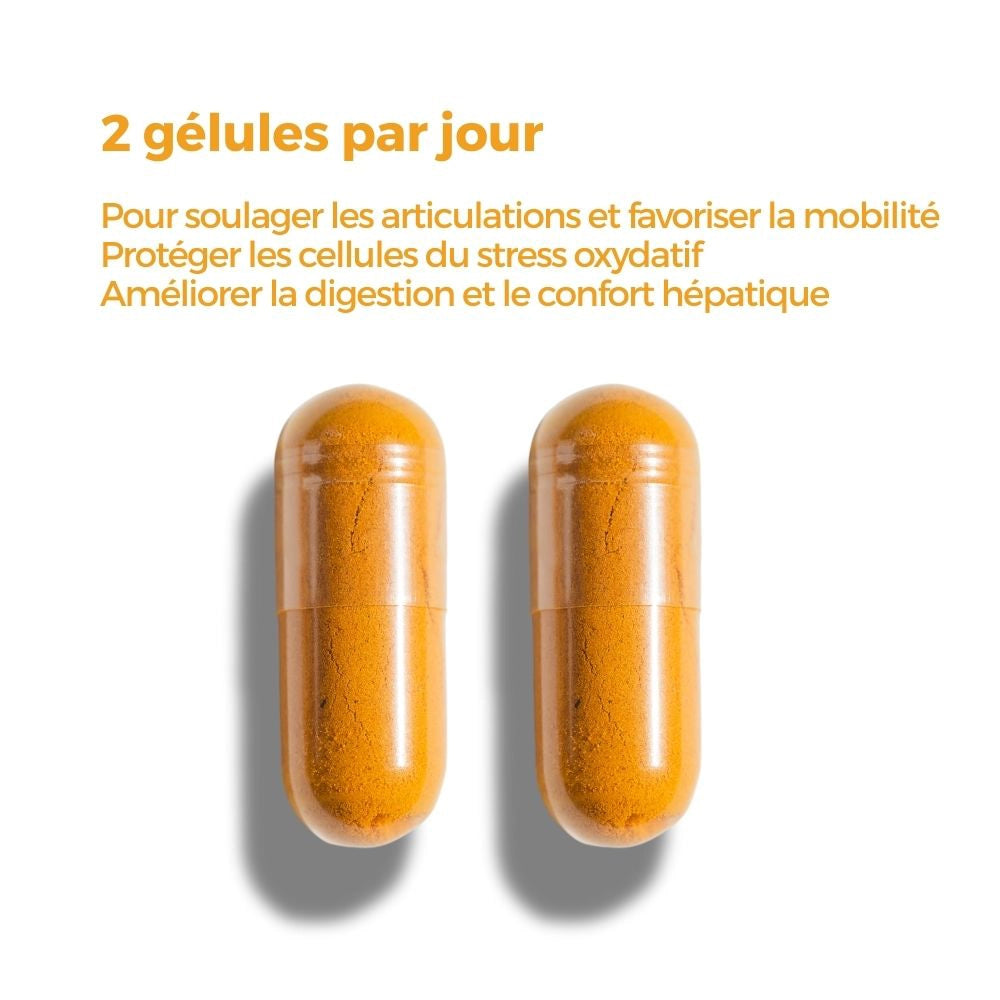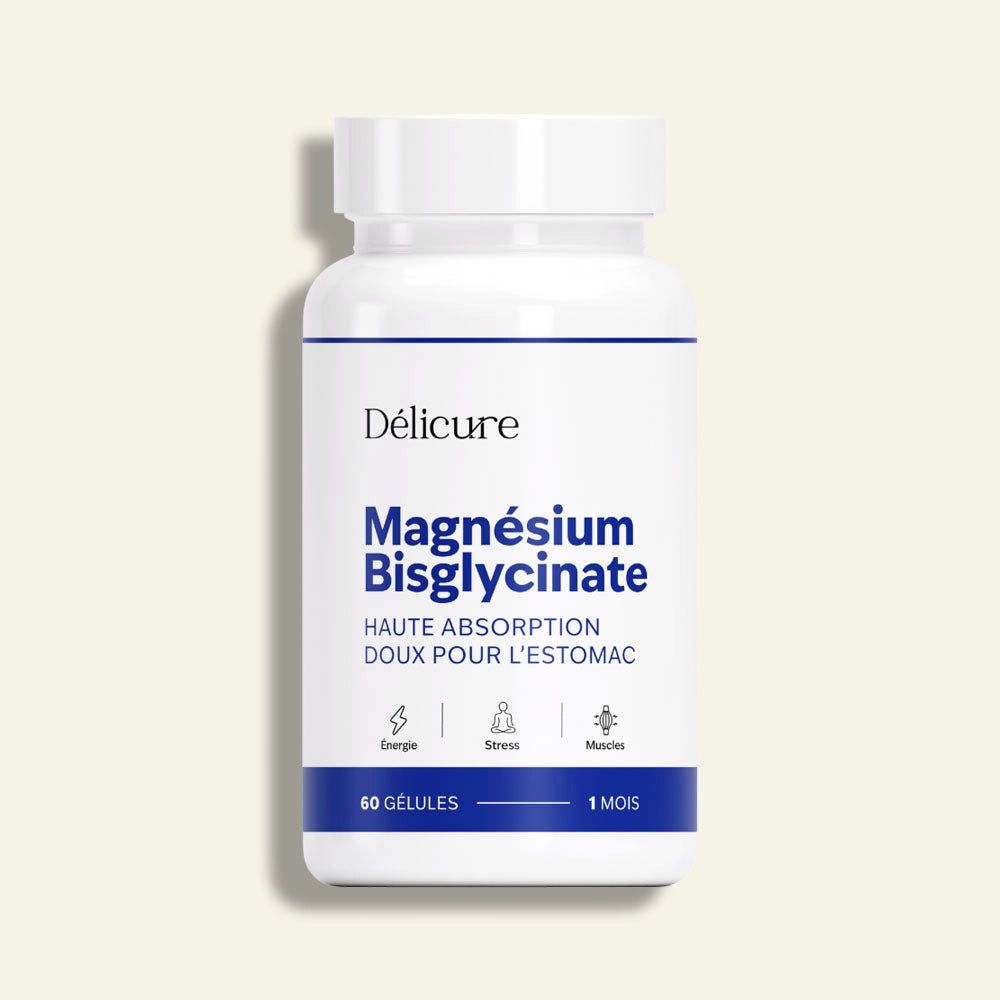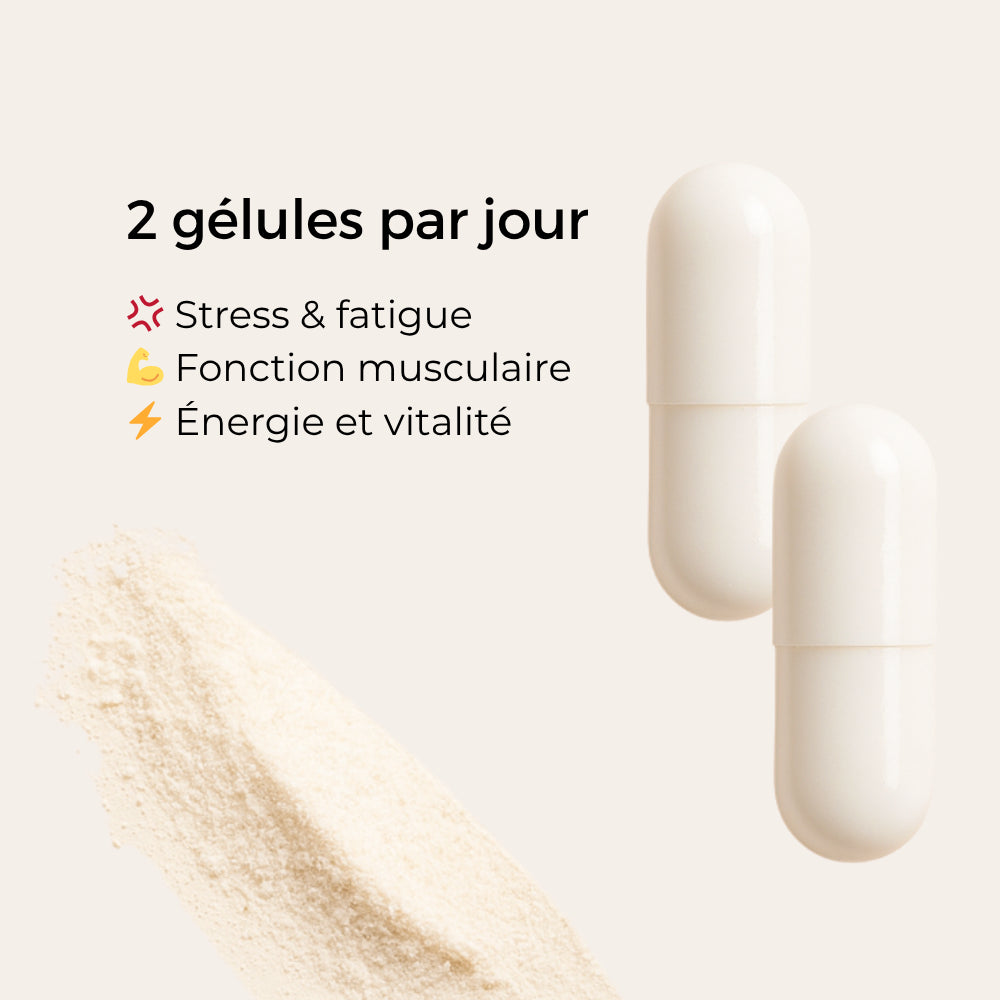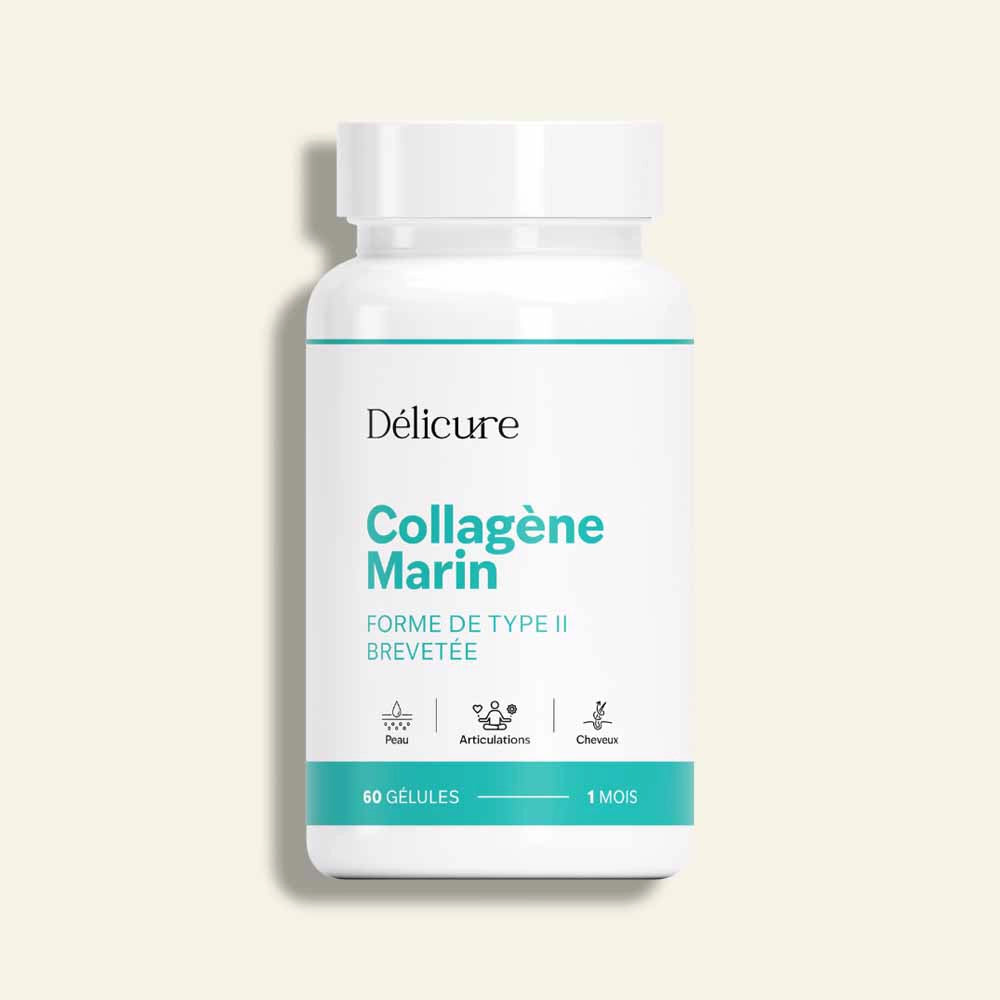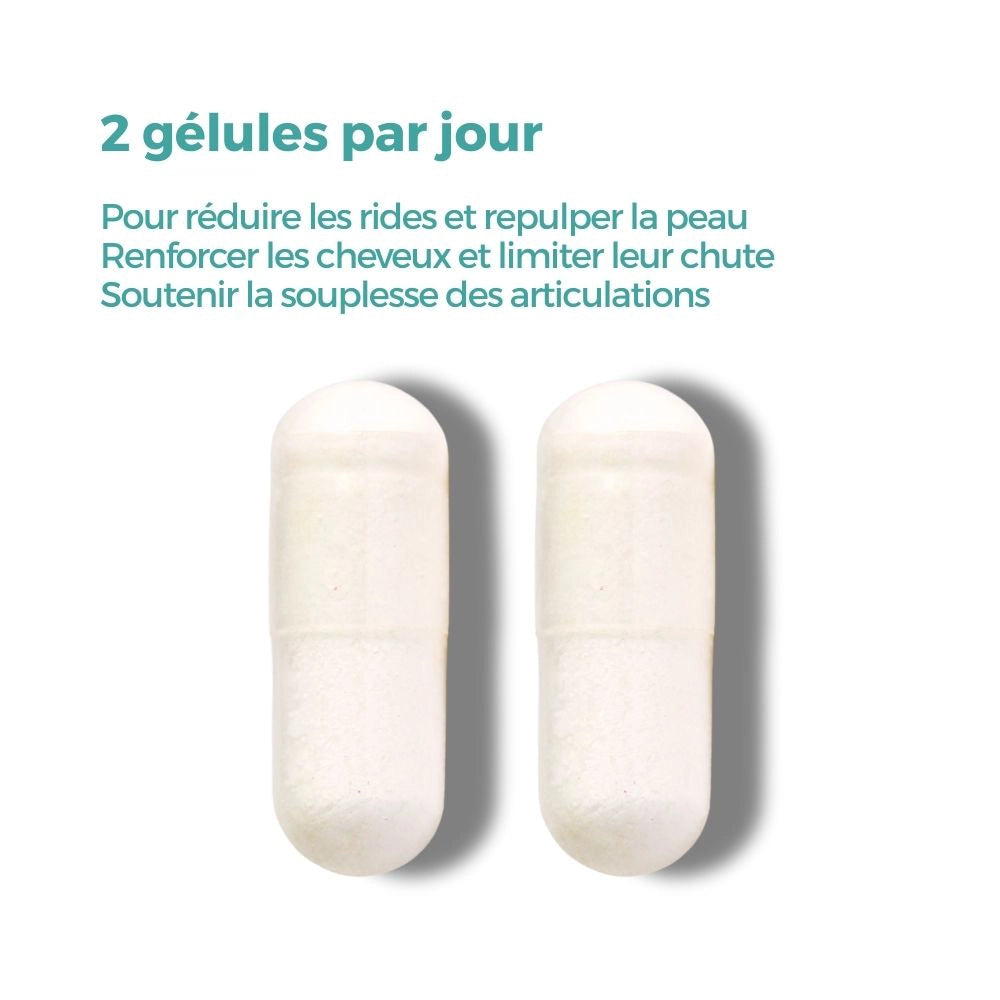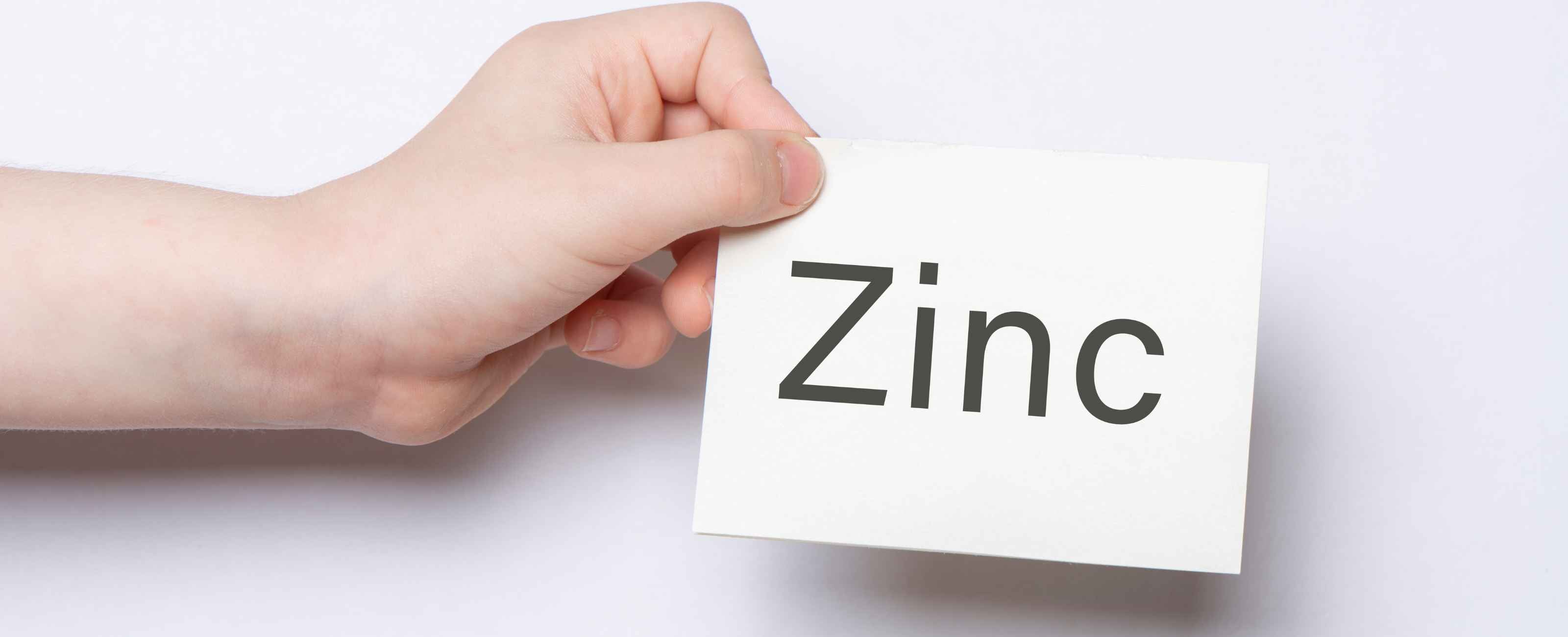
The health benefits of zinc
Zinc is a trace mineral essential to the body. It is involved in several enzymatic reactions and plays an essential role in the metabolism of proteins, carbohydrates, and lipids.
What is zinc?
Zinc is a trace element present in small quantities in the body.
The human body contains between 2 and 3 grams of zinc, stored in the bones and certain organs such as the liver, pancreas, prostate in men, eyes, adrenal glands, and even the skin .
A healthy, balanced diet can help meet the recommended daily zinc requirements for an adult, which are approximately 11 mg. However, certain situations can lead to deficiencies, and it may be necessary to check the body's zinc levels.
What are the health benefits of zinc?

Long considered non-essential, zinc is now recognized by numerous scientific studies as being essential for maintaining good health, just like iron.
Maintaining healthy skin
Zinc plays a very important role in maintaining healthy skin . It promotes cell renewal and regulates sebum production.
By limiting excess sebum, pores are more easily able to free themselves of impurities and the skin thus becomes less oily.
This trace element participates in the production of collagen , a protein essential for the structure of the skin. It preserves its rigidity, its elasticity, and prevents the sagging of tissues.
Zinc is also a powerful antioxidant that fights skin aging, promotes healing of the epidermis (the surface layer of the skin) and reduces skin inflammation.
Zinc is often used as a treatment for skin problems such as acne . It acts directly against the bacteria that cause acne and fights the inflammatory response.
Immune system support
Zinc helps stimulate the immune system to effectively fight pathogens, thanks to its role in the formation and activation of the defense system.
Zinc increases the activity of B lymphocytes, which create antibodies to fight a virus, and T lymphocytes, which eliminate infected cells. This activity contributes to the proper functioning of the immune system and has the effect of reducing the duration and intensity of symptoms.
Furthermore, for people suffering from allergies, this trace element helps limit the release of histamine, the substance that spreads in the body when we come into contact with an allergen.
Hair and nail care and beauty
Zinc is a trace element that helps maintain beautiful hair and nails .
It plays an essential role in the synthesis of keratin, a protein that makes up nails and hair. It also helps strengthen the hair shaft in the bulb, cleanse the scalp and hair follicles, and accelerate blood microcirculation .
It therefore contributes to good hair and nail growth, improves their resistance, limits their breakage, prevents premature aging and avoids hair loss .
Other benefits of zinc
There are many other health benefits of zinc.
It is very important to ensure the proper growth of children and the proper development of the fetus during pregnancy.
Thanks to its antioxidant power, it helps fight oxidative stress and protects against cellular aging while participating in DNA synthesis.
Adequate zinc intake also helps maintain normal cognitive function and is involved in reproductive functions.
Finally, it plays a stabilizing role in various hormones such as insulin, gustin and thymulin.
What are the effects of zinc deficiency?

Zinc reserves are depleted during periods of stress and when consuming stimulants such as tea, coffee, tobacco or alcohol.
Zinc deficiency can cause fatigue , developmental disorders, skin problems, or difficulty healing wounds. Insufficient zinc intake weakens the immune system, making it less effective at fighting infections.
Having a healthy lifestyle, getting enough sleep and protecting yourself from stressful situations are therefore essential in order to maintain your zinc reserves at a sufficient level.
On the contrary, a zinc overdose has no known major toxic effects but can be accompanied by a deficiency of copper, another trace element essential for good health.
What foods are rich in zinc?
The main food sources of zinc are red and white meats, organ meats, eggs, seeds, nuts, whole grains, legumes, and seafood (especially mollusks).
On average, the body absorbs less than half of the zinc in food. To promote its absorption, zinc requires vitamin B6, which is naturally found in significant quantities in a few foods (white meat, salmon, offal, bananas, and chickpeas). Vitamins B2 and B3, for their part, promote its action.
To prevent or compensate for zinc deficiency, supplementation is an effective solution. There are many dietary supplements, sources of zinc, on the French market.
Focus on Délicure food supplements
“Bright Hair” Gummies
Délicure offers natural, vegan, and 100% Made in France hair gummies . They contain vitamins (vitamin B6, vitamin B8, vitamin B9, vitamin B12, and vitamin E), blueberry to stimulate scalp microcirculation, selenium, and zinc.
This blend of active ingredients helps strengthen hair fibers, promote hair growth, and prevent hair loss. They also strengthen nails and enhance skin.


